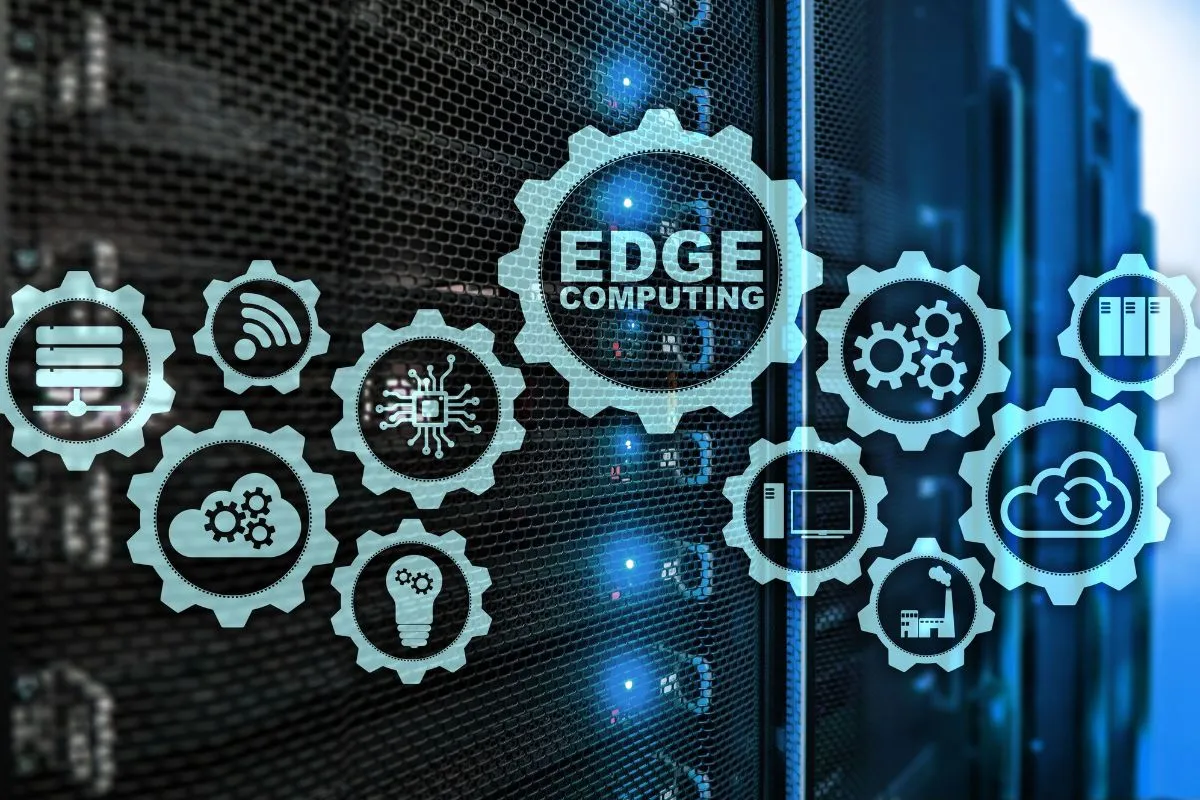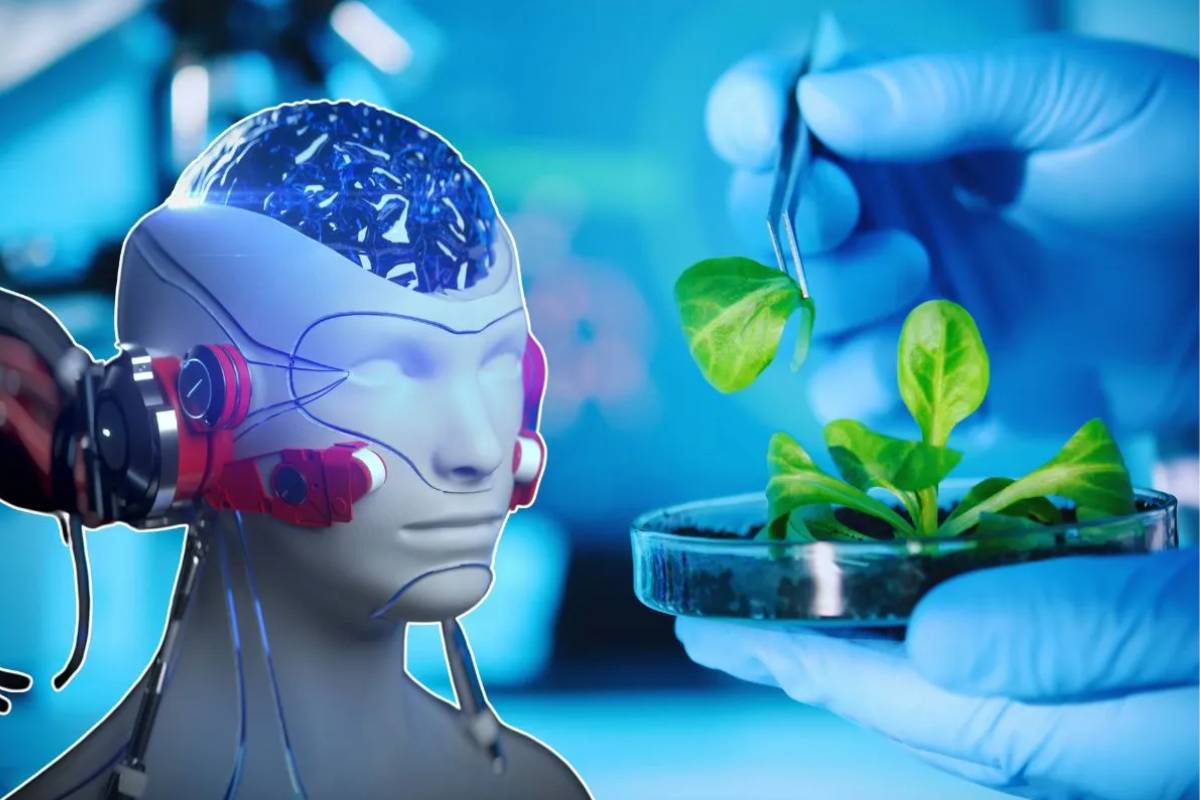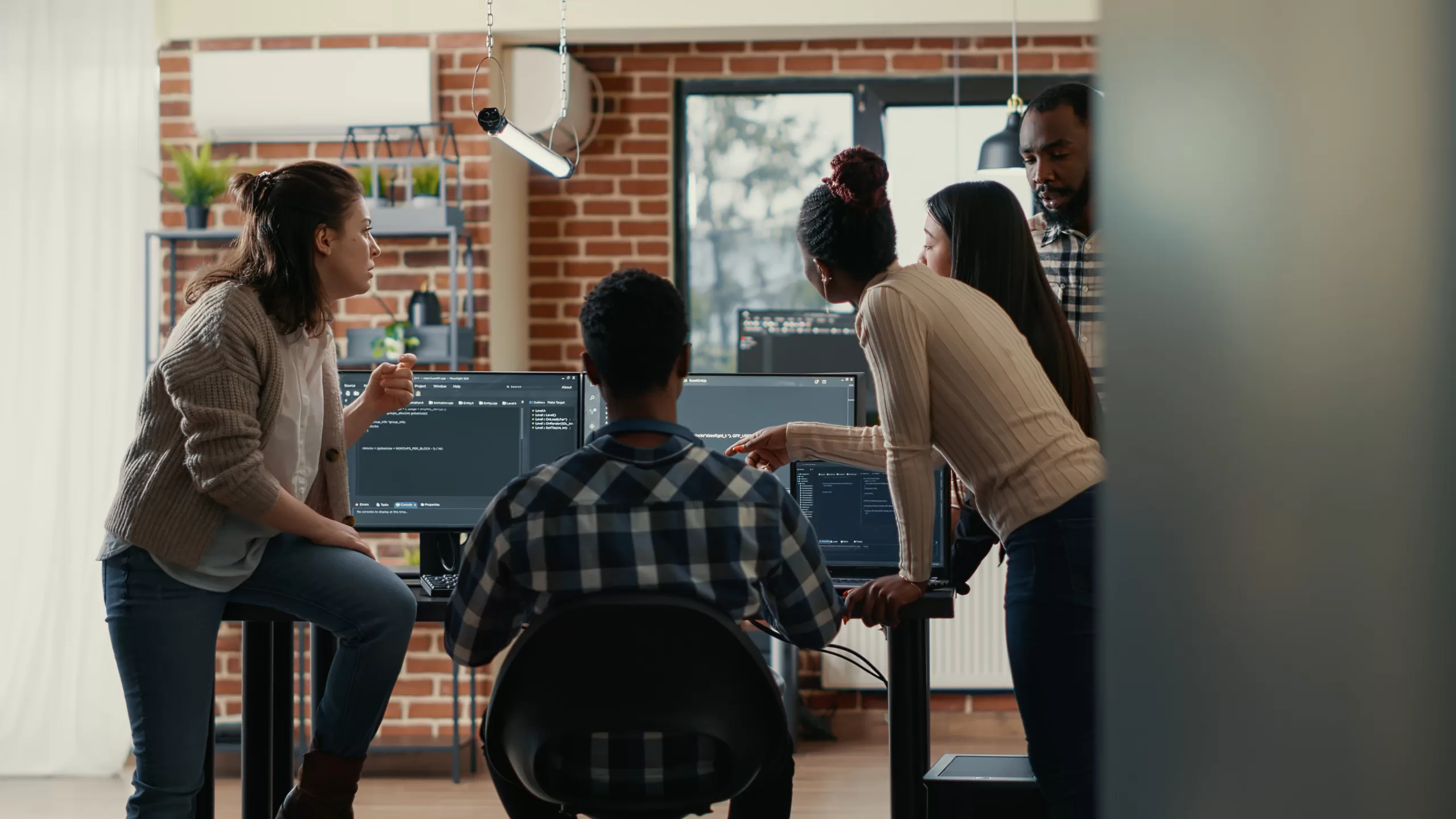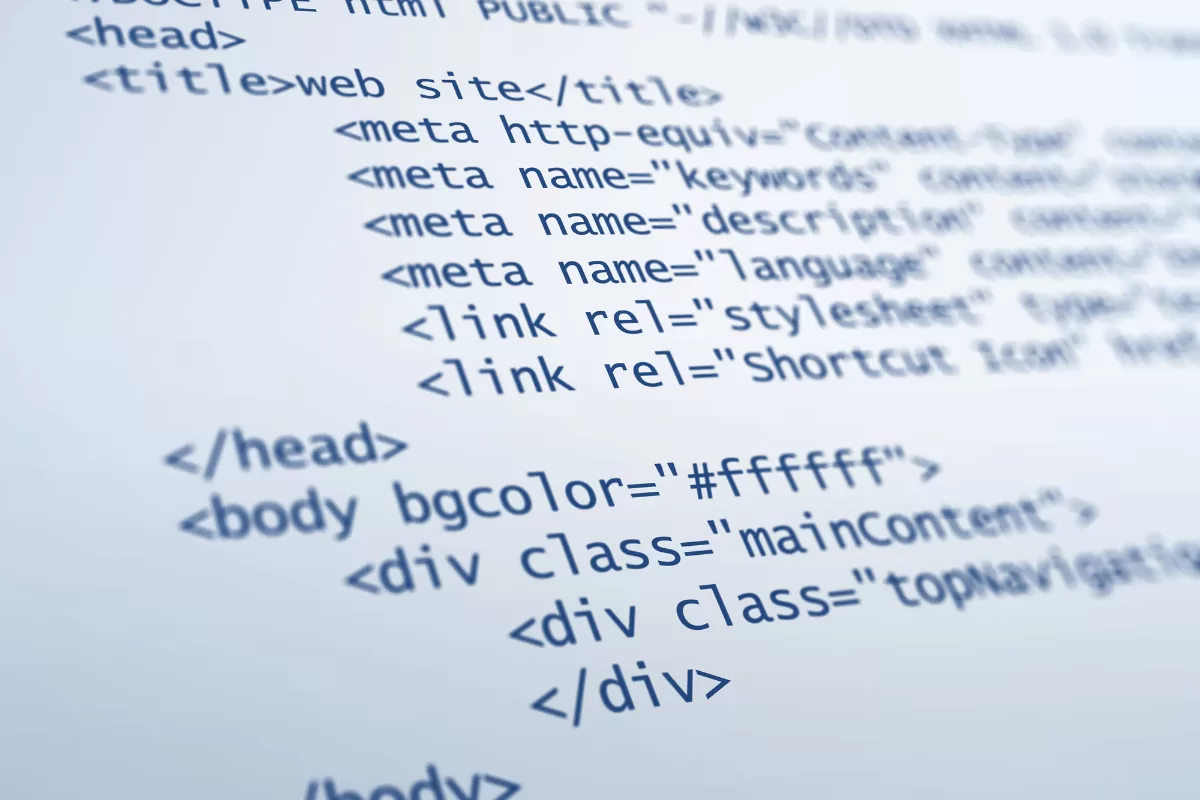The impact of Artificial Intelligence (AI) on the workforce has become one of the central debates among experts and industry leaders. As this technology rapidly evolves, many are left wondering if their jobs are at risk.
This concern is justified; while AI offers opportunities for innovation and efficiency, its unregulated use raises fears of widespread job displacement.
However, this transformation doesn’t have to be viewed negatively. For businesses and professionals, adapting to new technologies presents not only a way to remain relevant but also an opportunity to thrive in a constantly evolving job market.
Vinod Khosla’s Bold Prediction: AI to Replace 80% of Jobs Across 80% of Professions
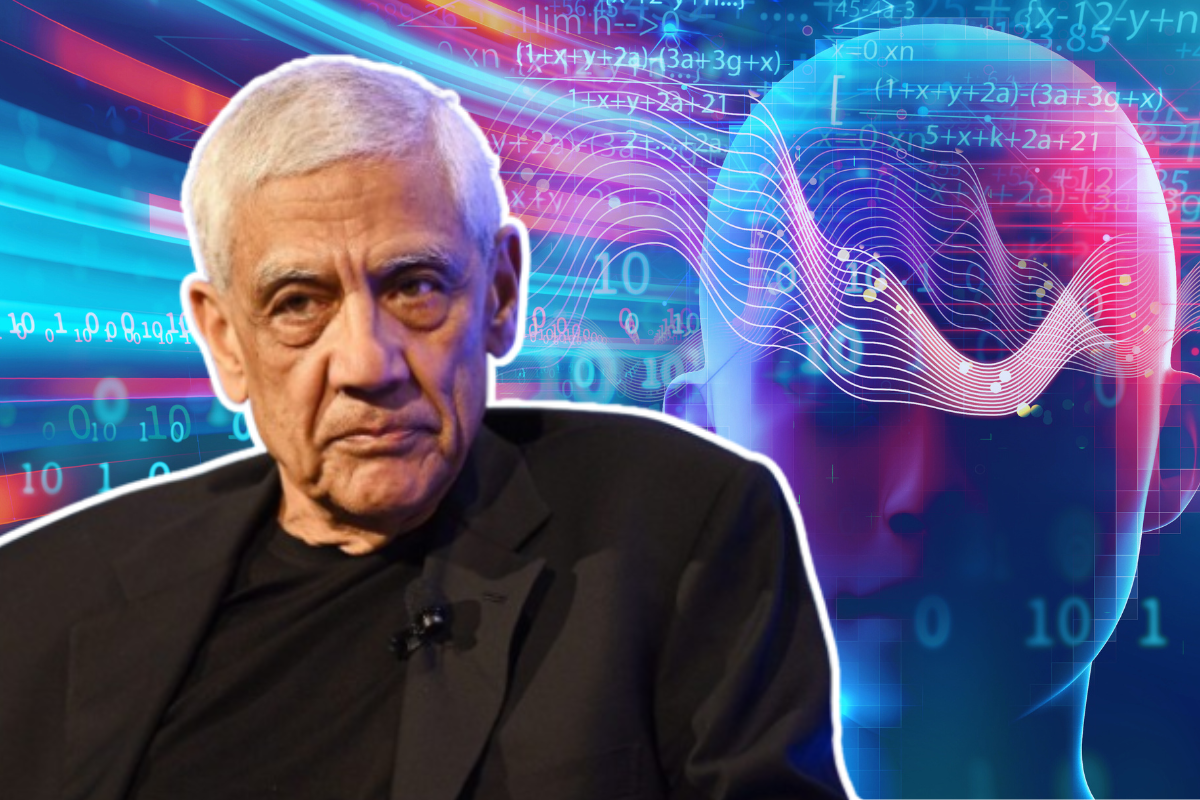
Vinod Khosla, co-founder of Sun Microsystems and one of Silicon Valley’s most influential investors, made a bold prediction: AI could replace 80% of jobs in 80% of professions (Fortune).
According to Khosla, AI will soon be able to perform many tasks with far greater efficiency and at a fraction of the cost compared to human workers. Professions such as doctors, engineers, salespeople, and even psychiatrists could see significant disruption.
Having spent decades studying disruptive technologies, Khosla argues that AI will greatly reduce the need for human labor across numerous sectors. To mitigate the risk of economic crisis and rising inequality, he advocates for the adoption of Universal Basic Income (UBI). With fewer jobs available, ensuring a fair distribution of wealth created by AI is crucial.
Despite his alarming forecast, Khosla envisions a brighter future where AI could enhance people’s quality of life. He suggests that greater productivity may allow for a reduced workweek, potentially down to just three days.
“With the right policies, we could smooth the transition and even usher in a 3-day workweek,” Khosla said. “Take investment banking, for instance—is it gratifying to spend 16 hours a day hacking away at an Excel spreadsheet or PowerPoint deck, repeating the same rote tasks? Is it truly fulfilling to spend 30 years mounting a single type of wheel onto cars on an assembly line? Such jobs, like farm work in 100°F heat, represent a form of servitude, not human flourishing.”
Khosla’s views are echoed by other visionaries like Bill Gates and Elon Musk, who have also supported the notion that automation could lead to more free time and improve overall quality of life.
Sectors Most Likely to Be Affected by Automation and AI
Several industries are particularly vulnerable to automation:
- Manufacturing: Worker replacement by machines is already a reality in many factories. Industrial robots and automated systems are taking over roles that were once filled by humans.
- Service Industry: Virtual assistants, chatbots, and Conversational AI are already playing a major role in customer service, handling inquiries and solving issues without human involvement. Administrative and support staff must evolve to stay relevant.
- Transportation: The development of self-driving vehicles presents a serious threat to jobs in transportation. While still in development, autonomous trucks and taxis could dramatically reshape logistics and passenger transport.
- Education and Healthcare: While it’s unlikely that teachers and doctors will be entirely replaced, the automation of administrative and diagnostic tasks is well underway. AI is becoming an essential tool, assisting in both patient care and education.
The Bright Side of AI in the Workforce
While the risk of job loss due to AI is a valid concern, the technology also presents new opportunities in the job market.
One of AI’s biggest advantages is its ability to boost productivity. By automating repetitive and operational tasks like data processing, basic customer service, and even system maintenance, AI allows professionals to focus on more strategic, creative pursuits.
AI is also opening doors to entirely new industries and careers. The rise of AI-driven technologies such as machine learning and big data analytics has fueled demand for specialists in fields like data science, AI engineering, and cybersecurity.
These emerging sectors offer exciting career opportunities and require new skill sets. As a result, the job market is evolving, requiring professionals to upskill and adapt to roles that didn’t even exist a few years ago.
Other advantages of AI adoption include:
- Human skills like creativity, empathy, and communication gaining increased importance. For instance, doctors may leverage AI for more precise diagnoses, but the patient relationship still hinges on interpersonal skills that technology can’t replicate.
- Reducing human error and increasing precision, particularly in industries like manufacturing and transportation, where AI-powered automation enhances efficiency, cuts operational costs, and improves safety.
- Enhancing agility and fostering innovation. Companies leveraging AI in their business processes can adapt faster to market shifts and anticipate trends. The ability to collect and analyze massive amounts of data enables smarter, more accurate decision-making, providing organizations with a competitive edge.
Embracing AI and automation trends is more than just a matter of survival—it’s a genuine opportunity for growth. Professionals and businesses that invest in modernization will be better equipped to face the challenges of the technological revolution and unlock the full potential of innovation.
- Prepare your company for the future and lead the market with NextAge at your side—Click here to learn more!

